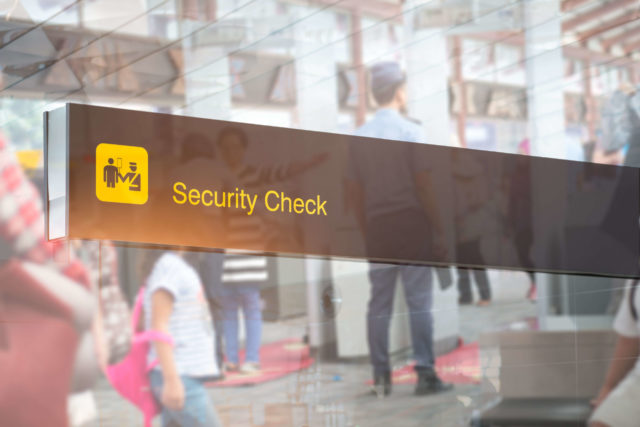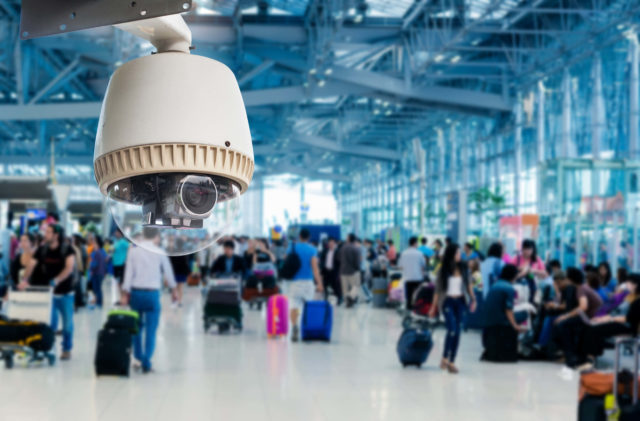In today’s fast-paced world, airports play a critical role in facilitating global travel and trade. Ensuring the safety of passengers, airline staff, and airport staff is paramount. However, as the aviation industry faces increasing security challenges, there is a growing need for more efficient and effective security measures. Enter Artificial Intelligence (AI), a technology that is transforming airport security while also raising important questions about privacy and civil liberties.
The evolution of airport security:
Airport security has evolved significantly over the years. Traditional methods, such as manual baggage checks and metal detectors, have been augmented with advanced technologies. In recent times, AI has become a game-changer in the aviation security landscape. It offers a wide range of capabilities that enhance security measures and streamline airport operations.
How AI enhances airport security ?
Enhanced Threat Detection
AI-powered security systems can analyze vast amounts of data from various sources, including surveillance cameras, passenger profiles, and flight itineraries, in real-time. This allows airports to identify potential threats more accurately and quickly. Suspicious behaviors, such as unusual movements or interactions, can trigger alerts for security personnel to investigate.
Biometric authentification :
Biometrics, like facial recognition and fingerprint scanning, have become integral to airport security. AI algorithms can match passengers’ biometric data with their travel documents, ensuring that the person boarding the plane is indeed who they claim to be. This reduces the risk of identity fraud and improves passenger screening efficiency.
Predictive analysis :
AI can predict potential security threats by analyzing historical data and trends. By identifying patterns of suspicious behavior or emerging threats, airports can proactively enhance security measures and allocate resources where they are most needed, thereby preventing potential security breaches.

Customized security measures :
AI enables airports to implement customized security protocols for different passengers based on their risk profiles. Frequent travelers who have undergone extensive background checks may receive expedited screening, while individuals who arouse suspicion may face additional scrutiny. This “risk-based” approach improves security while minimizing inconvenience for low-risk passengers.
Balancing airport security with privacy
While the benefits of AI in airport security are undeniable, they also raise concerns about privacy and civil liberties. Striking the right balance between security and personal freedoms is crucial. Here are some key considerations :
Data privacy :
AI systems rely on vast amounts of personal data, including biometric information and travel history. Ensuring the secure storage and responsible handling of this data is essential to protect passengers’ privacy. Airports must comply with data protection regulations and regularly audit their AI systems for data security.

Transparency and accountability :
To build public trust and confidence, airports should be transparent about their AI-powered security measures. Clear policies and guidelines must be established, and passengers should have a good understanding of how their data is used and stored. Independent oversight and accountability mechanisms can help ensure the responsible use of AI.
Non-discrimination :
AI algorithms should be rigorously tested to prevent bias and discrimination. Algorithms that unfairly target specific groups or individuals can infringe on civil rights and liberties. Regular audits and adjustments are necessary to ensure that AI-driven security measures do not discriminate against any group.
Opt-out options :
Passengers who are uncomfortable with AI-based security measures should have the option to opt-out, albeit with additional security checks using traditional methods. This respects individual choice while maintaining overall security.
For more information, click here
